Huntington’s disease (HD) is inherited disease that affects nerve cells in the brain. Huntington’s disease is progressive, degenerative disease that affects physical and mental abilities of a person and symptoms of the disorder get worse over time. The symptoms of the disease was first described by Dr. George Huntington in 1872. This condition is also called Huntington’s chorea, which is the Greek word for dance. The term “chorea” refers to twisting and uncontrollable turning as it is seen in people affected by Huntington’s disease. Uncontrolled physical movements as well as emotional disturbances and mental deterioration are caused by damaged nerve cells in the brain. Onset of the disorder is usually between 40 and 50 years of age and more than 15,000 of American population suffers from it.
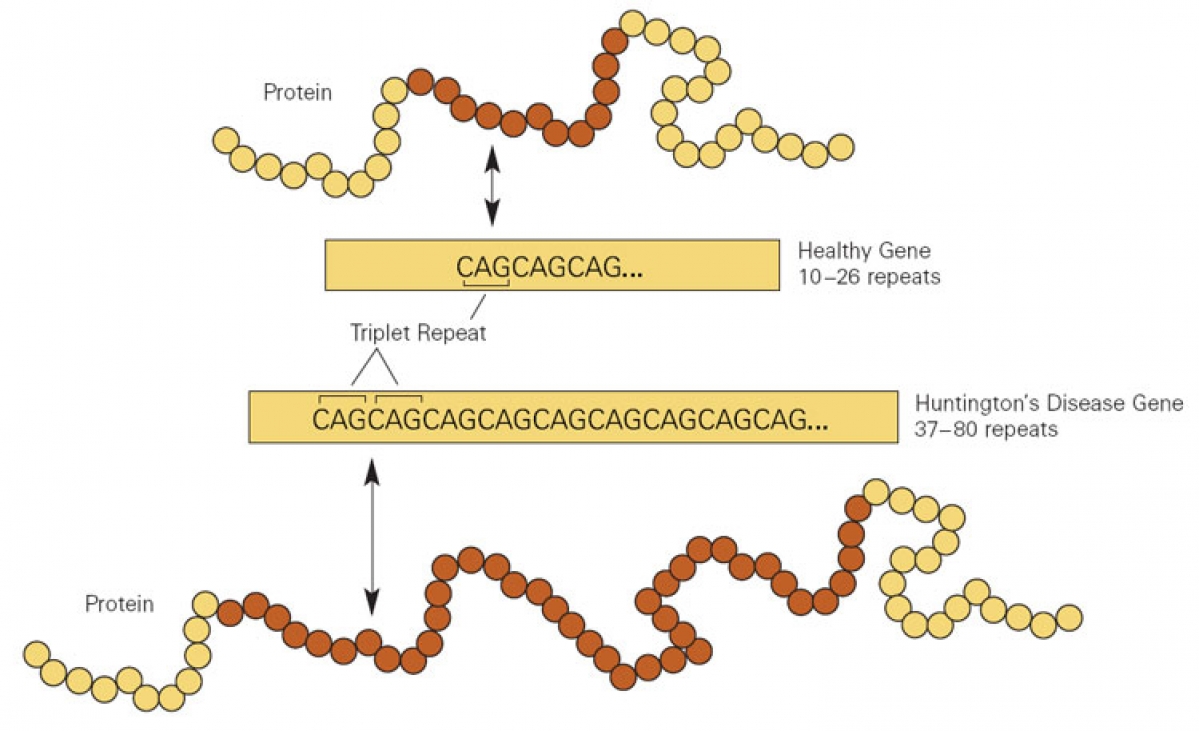
Causes and Risk Factors for Huntington’s DiseaseHuntington’s disease occurs due to abnormality of the gene that produces protein called huntingtin. Nerve cells or neurons in the brain degenerate because of a defective gene. Huntington’s disease is passed from parent to child and each child of a parent with disease has 50 % chance of inheriting HD gene. The child that doesn’t inherit the gene cannot pass it to the next generation. Both men and women of any descent can be affected by Huntington’s disease.
Signs and Symptoms of Huntington’s DiseaseSigns and symptoms of Huntington’s disease typically first appear in the middle age. The disease develops slowly and the degree of nerve cell damage determines severity of symptoms. Huntington’s disease mainly affects cognitive abilities and early symptoms include difficulty in making decisions, remembering important things and learning new information. Personality changes such as irritability, anger, depression and mood swings are also seen in early stage of HD. Additionally, the affected person suffers from physical inabilities such as clumsiness, balance problems and involuntary facial movements such as grimacing. Later signs and symptoms of Huntington’s disease include involuntary movements throughout the body, problems with balance and coordination, rapid eye movements, hesitant or slurred speech, swallowing problems, difficulty walking and dementia. Juvenile Huntington’s disease can cause symptoms similar to Parkinson’s disease like muscle rigidity, tremors, and slow movements.
Diagnosis of Huntington’s Disease
Huntington’s disease can be diagnosed on the basis of physical examination, personal and family medical history and psychiatric evaluation. CT and MRI scan can help to evaluate changes in the brain structure and rule out other disorders. Blood test can be ordered to detect the defective gene.
Treatment of Huntington’s Disease
Huntington’s disease is incurable but the treatment can provide symptom relief. HD is commonly treated with clonazepam or haloperidol to control involuntary movements and hallucinations. Fluoxetine and nortriptyline are medications prescribed for treatment of depression and mood swings. Finally, speech therapy, physiotherapy and occupational therapy can help with physical disabilities.
- medlineplus.gov/huntingtonsdisease.html
- www.nhs.uk/conditions/huntingtons-disease/symptoms/
- Photo courtesy of National Institute of Standards and Technology by Wikimedia Commons: commons.wikimedia.org/wiki/File:Huntington%27s_disease_(5880985560).jpg


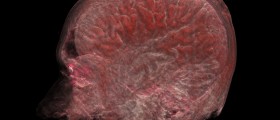






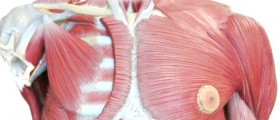
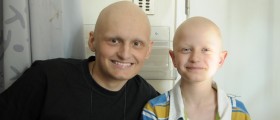
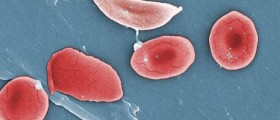


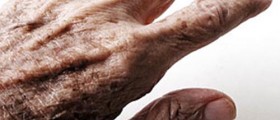
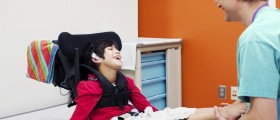
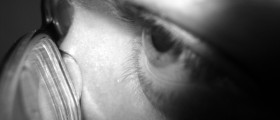
Your thoughts on this
Loading...